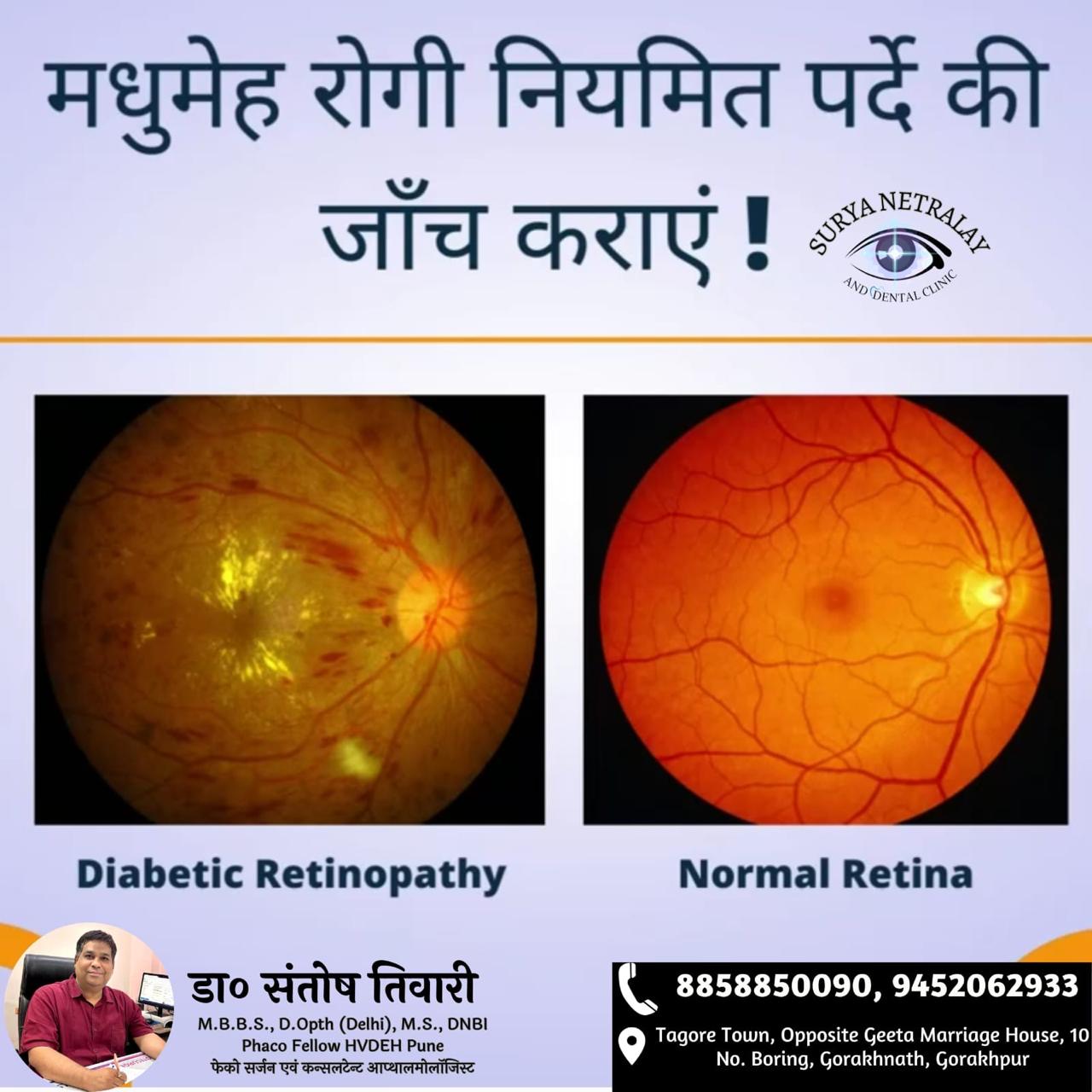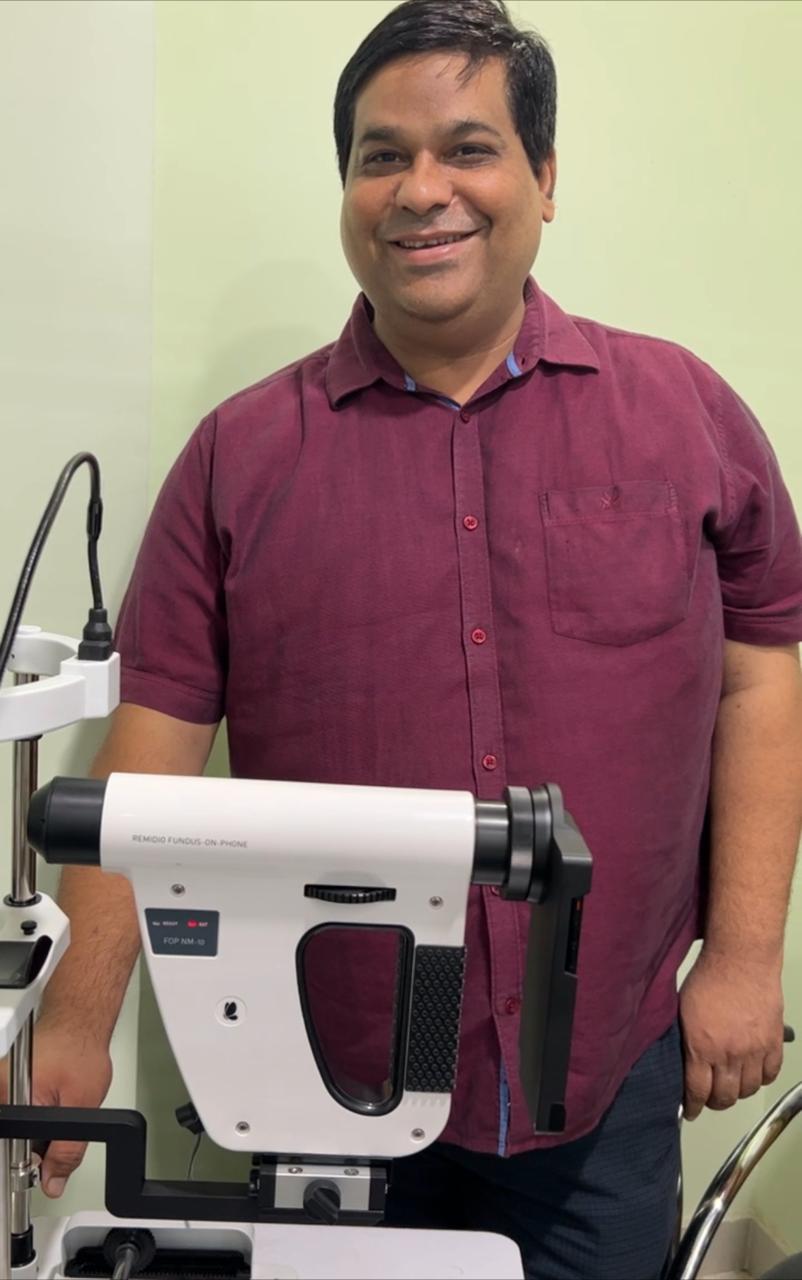Retinal Scan
A retinal scan is a sophisticated diagnostic tool used to capture detailed images of the retina, the light-sensitive layer at the back of the eye. This non-invasive procedure provides an in-depth view of the retinal structure, allowing ophthalmologists to detect and monitor various eye conditions such as diabetic retinopathy, macular degeneration, and glaucoma. By illuminating the retina and capturing high-resolution images, retinal scans help in early diagnosis and timely treatment of these conditions, often before symptoms become apparent to the patient.
Patients undergoing a retinal scan can expect a quick and painless experience that yields valuable insights into their eye health. The detailed images obtained from the scan enable doctors to track changes in the retina over time, assess the effectiveness of treatments, and make informed decisions about patient care. With advances in imaging technology, retinal scans have become an essential part of routine eye examinations, providing critical information that helps preserve vision and prevent serious eye diseases. Regular retinal scans are particularly beneficial for individuals with risk factors for retinal conditions, ensuring ongoing eye health and timely medical intervention.

Computer Eye Testing
Computer eye testing refers to the use of digital technology and software to assess and diagnose various aspects of vision and eye health. These tests are conducted using specialized equipment that can quickly and accurately evaluate visual acuity, detect refractive errors such as myopia or astigmatism, and assess eye muscle function. Computerized eye tests can also screen for common eye conditions like glaucoma, cataracts, and macular degeneration by analyzing the structure and function of the eyes. The digital nature of these tests allows for precise measurements and can be particularly beneficial in telemedicine, enabling remote assessments and consultations. By integrating computer eye testing into regular eye exams, eye care professionals can provide more comprehensive evaluations, ensuring early detection and management of vision problems.
